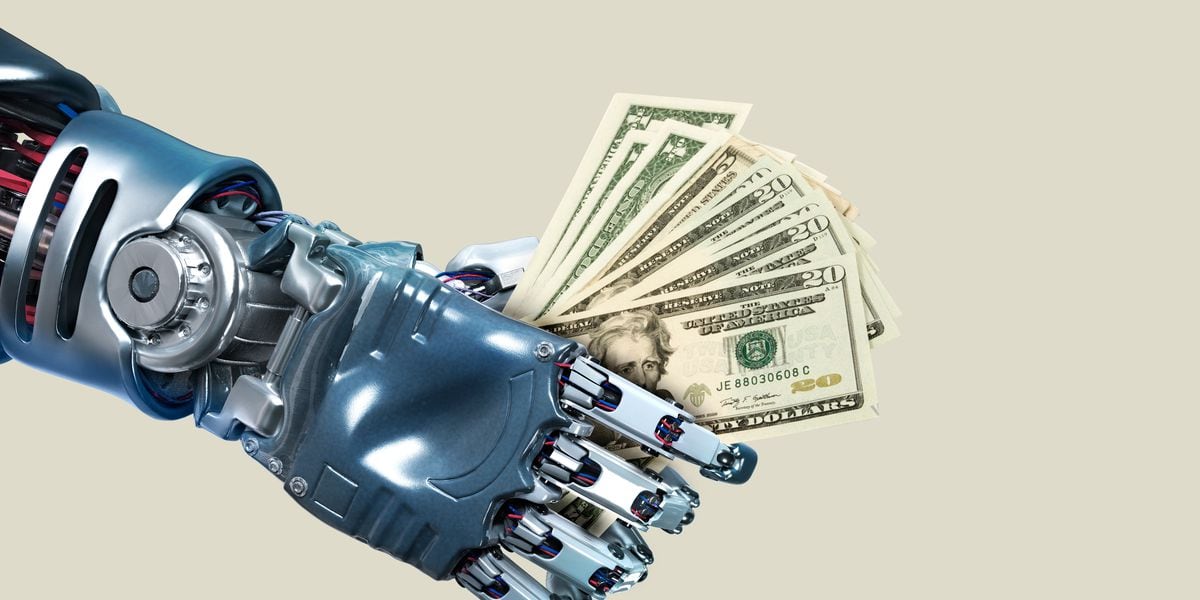US companies have made a resounding presence at the 2023 China International Fair for Trade in Services (CIFTIS), unveiling cutting-edge technologies and expressing their unwavering commitment to the Chinese market. This year’s event featured key players like Tesla, Intel, and Qualcomm, highlighting the thriving US-China economic relationship and the exciting innovations in various sectors.
Innovative showcases from US tech giants
At the forefront of the event was Tesla, introducing the world to the latest version of the Tesla Model 3. This unveiling garnered significant attention from Chinese attendees and underlined Tesla’s robust confidence in the Chinese market. Tao Lin, a vice president of Tesla, expressed satisfaction with the Chinese government’s efforts to provide a favorable business environment, stating, “We are fully confident in the Chinese market and will better leverage the opportunities of China’s high-level opening-up.”
Chip giant Intel showcased its prowess with a display of multiple technical solutions. These solutions spanned across retail, data centers, and artificial intelligence (AI). Intel also announced a collaboration with China Mobile’s Migu, focusing on content and technology research and commercialization deployment. These endeavors underscored Intel’s commitment to the dynamic Chinese market.
Qualcomm, a leading US chipmaker, introduced a generative AI model designed to operate efficiently on Android smartphones. The model’s standout feature is its ability to swiftly understand a user’s needs and generate desired images within 15 seconds without internet or cloud access. This innovation reinforces Qualcomm’s position as a key player in the AI sector.
China’s openness to the world
China’s determination to embrace the global business community was palpable at CIFTIS 2023. The Chinese government actively welcomed foreign investors and strived to create a business environment characterized by the rule of law, internationalization, and facilitation. Tesla’s President in China, Wang Hao, emphasized this, stating, “The determination of the Chinese government to open wider to the outside world is there for all to see.”
President of Johnson & Johnson China, Declan Rooney, praised the Chinese government’s promotion of green services trade and the conducive business atmosphere. This support, he stated, has enabled the transformation of enterprises into a collaborative, innovative, and sustainable environment. It has further bolstered the company’s confidence in long-term engagement in China’s services sector.
US-China economic dynamics
Michael Hart, President of AmCham China, highlighted the significant role of US businesses in the global economy and emphasized that most members have no plans to relocate their supply chains from China. He was reaffirming China’s enduring importance as an investment destination. Roberta Lipson, Vice-Chairman of AmCham China, echoed this sentiment, stating that China remains the top investment destination for many members.
Several US companies are actively expanding in China. McDonald’s plans to open over 900 new stores in 2023, Starbucks aims for 3,000 new stores by 2025, and Tyson Foods will open six new plants in 2023, including three in China. These expansion efforts underscore the ongoing attractiveness of the Chinese market for American businesses.
US-China business relations
The US-China Business Council Report on US Exports to China revealed that over 70,000 US companies have invested in and operated in China. Remarkably, nearly 90 percent of these operations in China have proven profitable. The report further highlighted the significant impact of China’s US goods and services purchases, supporting over 1.06 million jobs in the United States in 2022.
The 2023 CIFTIS showcased the resilience and dynamism of US companies in the Chinese market. With a focus on innovation, collaboration, and a favorable business environment, these companies are poised to make a lasting impact on the global stage. The strong economic ties between the US and China continue to shape the future of international trade and economic growth.
As companies like Tesla, Intel, and Qualcomm push the boundaries of technology and expand their footprint in China, it is evident that they are betting on the enduring strength of the US-China economic relationship. This collaboration, characterized by mutual benefit and innovation, promises to usher in a new global economic growth and cooperation era.





